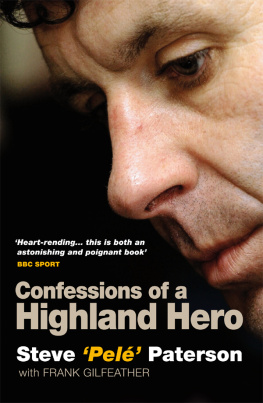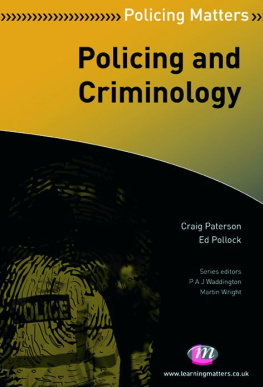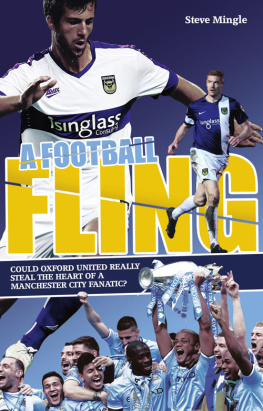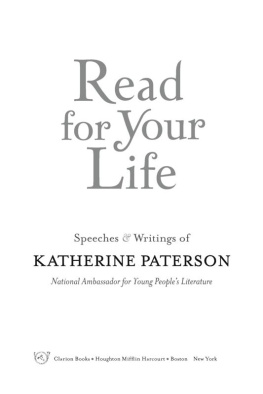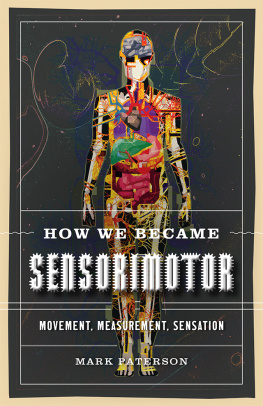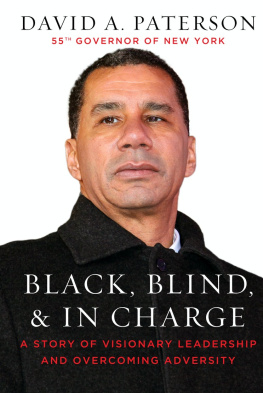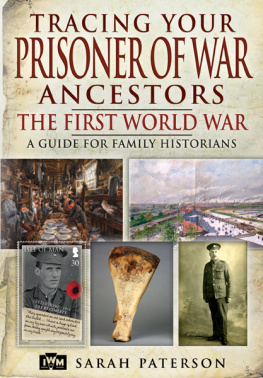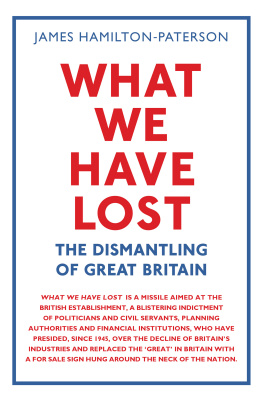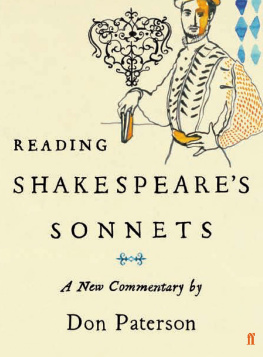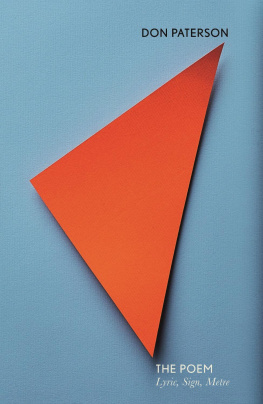Confessions of a Highland Hero
Confessions of a Highland Hero
STEVE PELE PATERSON
WITH FRANK GILFEATHER

This eBook edition published in 2011 by
Birlinn Limited
West Newington House
Newington Road
Edinburgh
EH9 1QS
www.birlinn.co.uk
First published in 2010 by Birlinn Ltd
Copyright Steve Paterson and Frank Gilfeather 2009
Foreword copyright Peter Kay 2009
The moral right of Steve Paterson and Frank Gilfeather to be identified as the authors of this work has been asserted by them in accordance with the Copyright, Designs and Patents Act 1988
All rights reserved. No part of this publication may be reproduced, stored or transmitted in any form without the express written permission of the publisher.
eBook ISBN: 978-0-85790-092-0
British Library Cataloguing-in-Publication Data
A catalogue record for this book is available from the British Library
For my mother, Margaret, daughters Jessica and Emily, and all my family and close friends
Foreword
Sportsmen and women are human beings, and as human beings they are prone to human conditions. At Sporting Chance the conditions we primarily deal with are addictions, the manifestations of which can be depression, anxiety and stress.
Of course many peoples perception of addiction is coloured by the fact that they have never experienced it themselves, and they often define it in moral terms a lack of character, weakness and selfish indulgence. When the sufferer is a public figure, a Highland hero who has enjoyed the trappings of an illustrious career, the belief that the talents have been squandered through choice is also held by many. But addiction does not preclude anyone and does not differentiate in terms of fame or wealth. Addiction unaddressed devastates careers and families, and the paradox is that the illness tells you that you dont have a problem, but in order to recover from it you have to admit you do have a problem!
Steve Paterson has my admiration for facing his demons, as do all those who seek help through Sporting Chance. From the founding trustee, Tony Adams, to my core clinical team, we have all been in the position where addiction has taken over our lives and wreaked havoc for us and those close to us. Steve sought help and embarked on our programme with the same grit, determination and fortitude that made him the player and coach that he was. The programme is tough and requires an individual to confront his or her behaviour, with all its ramifications, breaking down the barriers that have up till then prevented them from acknowledging their problem. Wallowing in self pity does not address the issue. As we say, Poor me, poor me, pour me a drink. Steve stopped the poor mes and focused on the solutions.
It is not an easy road to recovery, even at a centre such as ours, and it takes determination and discipline to win through. Some people have periods of relapse, but the fighters, of which Steve is one, pick themselves up again and carry on. Rarely have we seen a person fail who has followed our path.
Steve, we hope you will continue your walk down that path.
Peter Kay
Chief Executive Officer
The Sporting Chance Clinic
September 2009
No sporting certainty
The tranquillity of Hampshire was welcoming as I arrived at Forest Mere, 160 acres of sublime and natural beauty where I convinced myself that this broken man could be fixed.
Good luck, mate. The taxi driver, who had driven me from the railway station in the nearby village of Liphook on a chilly, late-September Sunday evening in 2008, broke his silence as I stepped from his cab and looked at the magnificent mansion before me.
Did my appearance really indicate to the cabbie that I was a gambling addict with a serious drink problem? Was that why he voiced his friendly message? Why hadnt he assumed that I was simply a guest at Champneys, the plush hotel and spa I was about to enter? After all, the Sporting Chance Clinic occupies two buildings 400 metres behind the mansion and is hidden by woods. Maybe I had that haunted look of a man struggling with his demons. Or was this paranoia kicking-in?
I was nervous and a touch apprehensive as I pushed open the front door and the receptionist greeted me.
Are you here for Sporting Chance? She, too, could tell my predicament, I thought. Her smile and the warmth in her voice, however, were genuine, and in an instant I felt at ease.
This is it, I thought. It was no sporting certainty but an opportunity, a lifeline that just a couple of weeks earlier I never dreamt would be available to me. Could I really find a way out of my living hell? Might I dare hope that the years of gambling and drinking, of lies, deceit and even theft, could now be about to be consigned to history?
Thank you, God, for offering me your help, a little voice whispered inside my head.
What would I have done without the financial assistance of the Professional Footballers Association, who provided the funding for the rehabilitation programme on which I was about to embark? Where would I be today had I not had true friends and my lovely daughters and my mother who never gave up hope of my salvation? All these thoughts raced through my mind as I was led to my room for the night.
The following morning I reported to the main house of the clinic within the Forest Mere grounds, quiet and secluded and away from the luxurious main complex. As part of the Sporting Chance Clinics tailor-made programmes, I was told, clients that is how patients like me are described were free to use Champneys gym, swimming pool, sauna and steam room as well as its various alternative therapies. Oh yes, and we would be eating at the superb award-winning restaurant where the food was in accordance with the nutritional ethos laid down by the clinic. The Sporting Chance concept, it was stressed, was all about an holistic approach for the mind, the body and the spirit.
For the first time in years of despair and depression I felt comfortable with myself, helped by the commonality I shared with fellow clients and remembering how Tony Adams, a first-rate centre half with Arsenal and England, had conquered his alcoholism and founded this wonderful facility, which was to be home for just over four weeks.
The clinic opened its doors in 2000 but didnt start working with patients until two years later. Soon, it evolved into one of the most innovative centres of its kind, dealing with the treatment of the behavioural problems of professional sports people.
How lucky am I? I kept repeating to myself.
Peter Kay, the clinics chief executive, shares Adamss thinking, and he leads the team of professionals put in place to facilitate the needs of those, like me, who have dropped off the edge of normality.
In the days leading up to this moment I had read as much as I could about Sporting Chance, but a line or two on its website struck me more than anything else. The words belonged to Adams: I wish Peter and the team had been around when I was wrestling with my demons. Thats why I would say to any professional sportsman or woman out there trying to get through without guidance; on your own youve got no chance. With Peter and the team youve got a great chance a Sporting Chance.
Here I was, set to embark on a journey into the unknown but content to place myself in the capable and experienced hands of a group of strangers whose knowledge of me was restricted to a meeting six weeks earlier when I was assessed by them to ascertain whether I was ready to surrender myself to their expertise. At that time, they knew little about me but they would soon learn the depth of my myriad difficulties.
Next page
